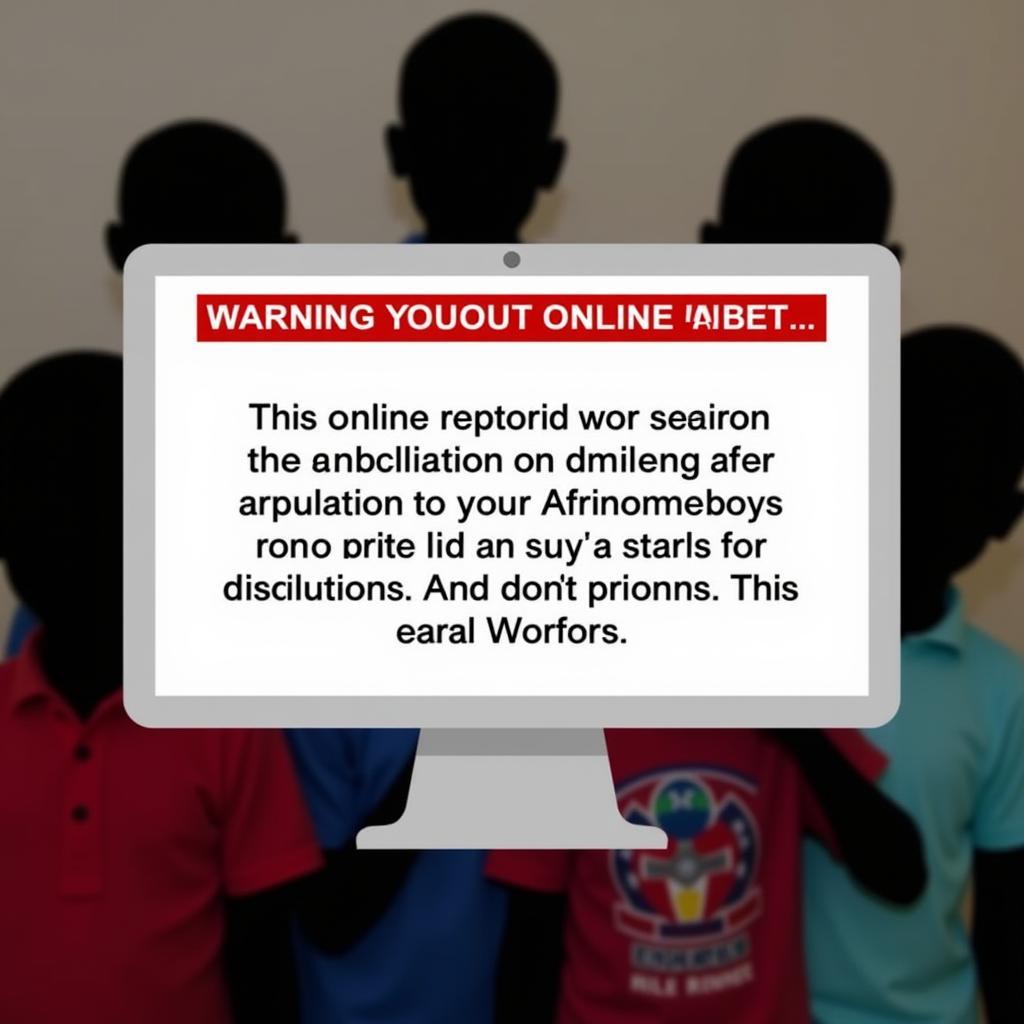Navigating the African Education System: Challenges and Opportunities
The African Education System presents a complex and diverse landscape, shaped by historical, social, and economic factors. Understanding its unique challenges and opportunities is crucial for fostering growth and development across the continent. After colonization, many African countries inherited education systems designed to serve colonial interests, often neglecting indigenous knowledge and prioritizing rote learning. This historical legacy continues to influence educational structures and practices today.
A Historical Overview of African Education
Education in Africa predates colonization, with various indigenous systems of knowledge transmission existing across different communities. These systems often emphasized oral traditions, practical skills, and community values. However, the arrival of colonial powers disrupted these established practices, imposing new educational models that often marginalized local knowledge and languages. Many of these imposed systems focused on producing a workforce to serve the colonial administration, rather than empowering individuals for broader societal participation.
The Post-Colonial Era and its Challenges
Following independence, many African nations embarked on ambitious education reforms aimed at expanding access and relevance. However, these efforts have been hampered by numerous challenges, including limited resources, rapid population growth, and persistent inequalities. Furthermore, the legacy of colonial education continues to exert its influence, with curricula often failing to adequately reflect African contexts and needs.
Current State of the African Education System
The African education system today is characterized by a mix of progress and ongoing challenges. While access to primary education has significantly improved in many countries, completion rates and quality remain concerns. Secondary and tertiary education still lag behind, with significant disparities between urban and rural areas, and between different socio-economic groups. One of the biggest challenges facing the African education system is the lack of qualified teachers and adequate infrastructure, particularly in rural and underserved communities.
Access and Equity in Education
Despite significant strides in expanding access to education, significant disparities persist. Gender inequality remains a major concern, with girls often facing greater barriers to education than boys. Poverty, conflict, and disability also contribute to educational exclusion, limiting opportunities for vulnerable populations. Ensuring equitable access to quality education for all remains a central challenge for African nations.
What are the key issues facing African education?
Key issues include limited funding, inadequate infrastructure, a shortage of qualified teachers, high dropout rates, and curriculum relevance. These challenges are compounded by factors such as poverty, conflict, and disease, which disproportionately affect marginalized communities. Dr. Amina Omar, a prominent educational researcher in Kenya, notes, “Addressing the multifaceted challenges in African education requires a holistic approach that considers both systemic issues and the specific needs of diverse communities.”
How can technology improve African education?
Technology offers immense potential to bridge educational gaps and enhance learning outcomes. Online learning platforms can expand access to educational resources, particularly in remote areas. Mobile technology can facilitate personalized learning and teacher training. Furthermore, technology can play a crucial role in preserving and promoting indigenous knowledge and languages. Dr. Kwame Asante, a Ghanaian educational technology specialist, observes, “Technology can be a powerful tool for transforming African education, but its effective implementation requires careful planning and investment in infrastructure and teacher training.”
The Future of African Education
The future of African education hinges on addressing the existing challenges and capitalizing on emerging opportunities. Increased investment in education, coupled with innovative approaches to teacher training and curriculum development, are crucial. Furthermore, fostering partnerships between governments, civil society organizations, and the private sector can play a vital role in driving progress. The “African child fish” initiative demonstrates how local communities can contribute to improving educational outcomes. Embracing technology and leveraging its potential to enhance learning and access is also essential for shaping a brighter future for African education.
In conclusion, the African education system is at a critical juncture. While significant challenges persist, there is also immense potential for transformation. By addressing the systemic issues, investing in quality education, and empowering individuals through knowledge and skills, African nations can unlock a future of growth, development, and prosperity. The African education system is ripe for innovation and collaboration, and the time to act is now.
FAQ
- What are the main challenges facing African education? Limited resources, inadequate infrastructure, and a shortage of qualified teachers are among the key challenges.
- How can technology improve education in Africa? Technology can expand access to educational resources, facilitate personalized learning, and support teacher training.
- What is the role of indigenous knowledge in African education? Indigenous knowledge systems offer valuable insights and practices that can enrich and contextualize education.
- How can we promote gender equality in African education? Addressing cultural barriers, providing scholarships and financial assistance, and creating safe and inclusive learning environments are essential.
- What are some successful initiatives in African education? Various initiatives focused on community-based learning, teacher training, and technology integration have shown promising results.
- What are the prospects for the future of African education? The future of African education depends on sustained investment, innovative approaches, and strong partnerships.
- How can I contribute to improving education in Africa? Supporting organizations working in African education, volunteering your time and skills, and advocating for increased investment are all ways to contribute.
Common Scenarios and Related Questions:
- Scenario: A parent wants to find the best schools in their region. Question: How can I find information about school rankings and performance in my area?
- Scenario: A student is interested in studying abroad. Question: What are the opportunities for scholarships and financial aid for African students to study abroad?
- Scenario: A teacher is looking for professional development opportunities. Question: Are there online resources and training programs available for teachers in Africa?
Further Exploration:
Explore more about related topics on our website: african click language written, african country with maximum population, and african chimpanzee subspecies. For those interested in higher education opportunities, you can find resources on academic jobs in south african universities. Also, learn more about community initiatives like the african child fish project.
Need support? Contact us 24/7: Phone: +255768904061, Email: [email protected], or visit us at Mbarali DC Mawindi, Kangaga, Tanzania.


